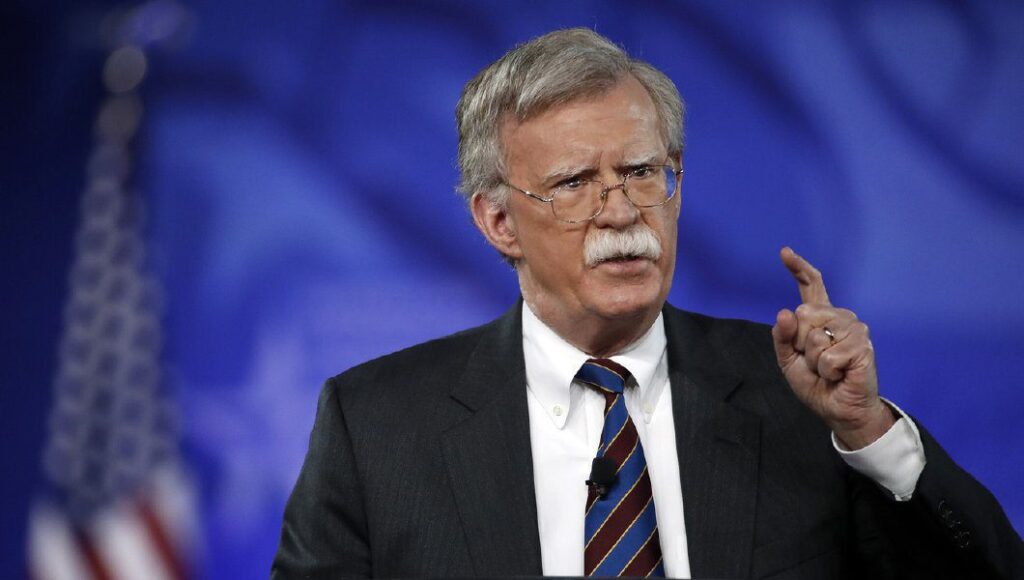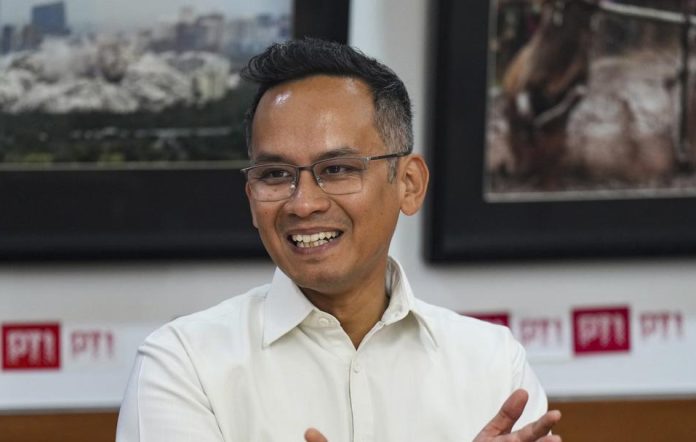Former U.S. NSA John Bolton Justifies India’s Retaliation, Warns of Chinese Military Influence in Pakistan and Nuclear Instability Risks
Former U.S. National Security Advisor John Bolton has strongly defended India’s Operation Sindoor, which targeted terrorist infrastructure in Pakistan and Pakistan-occupied Kashmir (PoK). He framed it as a legitimate act of self-defense against Pakistan-backed terrorism, placing it within a broader context of growing Chinese military influence in Pakistan, internal instability in Islamabad, and the global threat of nuclear proliferation. Bolton’s analysis, delivered in a recent interview, offers critical insights into how major powers view the India-Pakistan conflict and why India’s international counter-terror narrative needs continued diplomatic momentum.
Former U.S. National Security Advisor #JohnBolton says India is fully justified in taking self-defensive action against terrorist targets in Pakistan, following the deadly terror attack in #Pahalgam that claimed 26 lives.
— All India Radio News (@airnewsalerts) May 22, 2025
Speaking to a private news channel yesterday, Bolton… pic.twitter.com/2BrLdlVKkF
Bolton asserted that India’s airstrikes were entirely justified under international law as a proportional response to terrorism. He emphasized that the attacks were aimed at terrorist camps in Pakistan and PoK, in response to planned and executed terrorist attacks on Indian soil. He compared this to India’s 2019 retaliatory action following the Pulwama attack, highlighting that Operation Sindoor was more intense, signaling an escalation in India’s military resolve.
He also pointed to Pakistan’s consistent inability or unwillingness to dismantle terror infrastructure within its borders, suggesting that India was left with no option but to act militarily. For Bolton, sovereign self-defense in the face of persistent cross-border terrorism is not just a right—it is a necessity in regional and global security doctrine.
What Role Do China and Turkey Play in Pakistan’s Military Posture?
A central concern for Bolton is China’s deepening involvement in Pakistan’s defense infrastructure. He noted that Pakistan’s military response included the use of Chinese-supplied fighter jets, which underscores Beijing’s growing grip on Islamabad’s defense decisions. For Bolton, this is not merely a bilateral matter—it’s a strategic flashpoint with global implications, especially for India’s long-term security and U.S. interests in the Indo-Pacific.
Bolton also warned about the increasing military cooperation between Pakistan and Turkey, particularly the use of Turkish drones. While he dismissed their effectiveness against India’s superior air defense systems, he cautioned against Turkey’s broader military ambitions under President Erdogan, especially when aligned with unstable states like Pakistan. These developments suggest a multi-axis threat: Pakistan’s military is not only internally dominant and unaccountable, but now also leveraging technology and resources from revisionist powers like China and Turkey, which could embolden more reckless actions.
What Are the Broader Geopolitical Implications According to Bolton?
Bolton believes the international community must take India’s concerns seriously. He supports India’s push to get the Resistance Front (TRF)—linked to the Pulwama attack—officially listed as a UN-designated terrorist organization, stating that such actions give India moral and diplomatic legitimacy when it responds militarily.
He also highlighted India’s smart diplomatic move of sending an all-party delegation to key UN Security Council nations, including the U.S., France, and the U.K., to convey its zero-tolerance policy on terrorism. According to Bolton, this is essential to counter pro-Pakistan narratives and to educate the world about the origin and nature of the terrorist threat India faces.
Bolton criticized Pakistan’s internal political dysfunction, notably the imprisonment of former PM Imran Khan and the promotion of General Asim Munir to Field Marshal. This, he said, reflects military dominance rather than democratic stability, making nuclear command and control a serious concern. He reiterated that the risk of Pakistan’s nuclear arsenal falling into terrorist hands or being misused by rogue commanders has been a U.S. worry since the George W. Bush era.
#WATCH | Washington, DC: On Pakistan Army Chief Gen Asim Munir being promoted to the rank of Field Marshal, former National Security Advisor of the United States, John Bolton says, "... I think it's potentially a disturbing sign, obviously. Internal dissent in Pakistan is… pic.twitter.com/QLQMSTcyki
— ANI (@ANI) May 21, 2025
On former President Donald Trump’s claim of facilitating a ceasefire between India and Pakistan, Bolton was dismissive. He clarified that India denied Trump’s involvement, attributing the claim to Trump’s tendency to seek credit, not to any actual mediation. However, Bolton did acknowledge that multiple governments, including the Trump administration, likely reached out diplomatically to de-escalate tensions.
#WATCH | Washington, DC: On President Donald Trump claiming credit for the ceasefire between India and Pakistan, former National Security Advisor of the United States, John Bolton says, "... It's nothing personal to India. This is Donald Trump, who takes credit for everything. I… pic.twitter.com/qVmZmzIK1N
— ANI (@ANI) May 21, 2025
John Bolton’s commentary makes one thing clear: India’s Operation Sindoor is not an isolated incident, but part of a larger struggle against terror, authoritarian interference, and nuclear instability. As Pakistan’s alliances with China and Turkey grow, and its internal turmoil deepens, India’s security actions and global diplomatic outreach become ever more critical. Bolton urges that the world must back India’s efforts—not just for regional peace, but to curb the expansion of terror networks and geopolitical brinkmanship in South Asia.





















